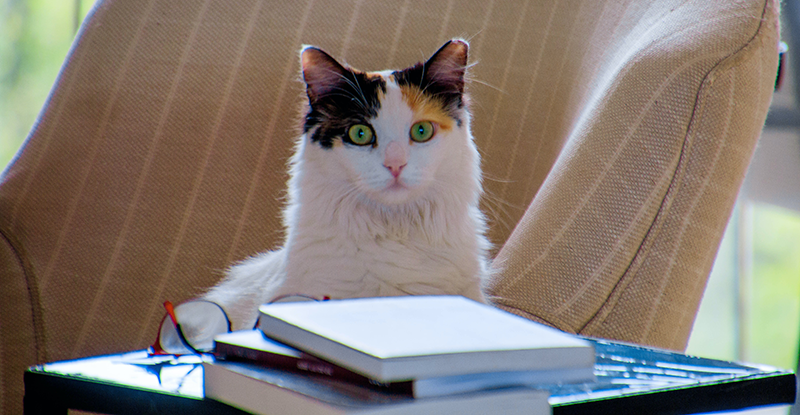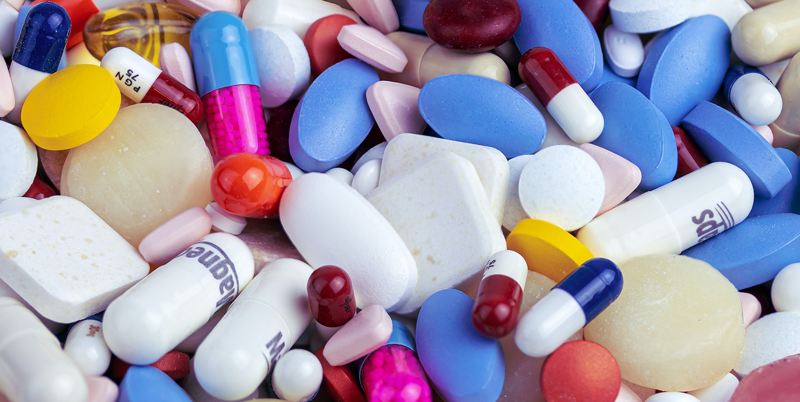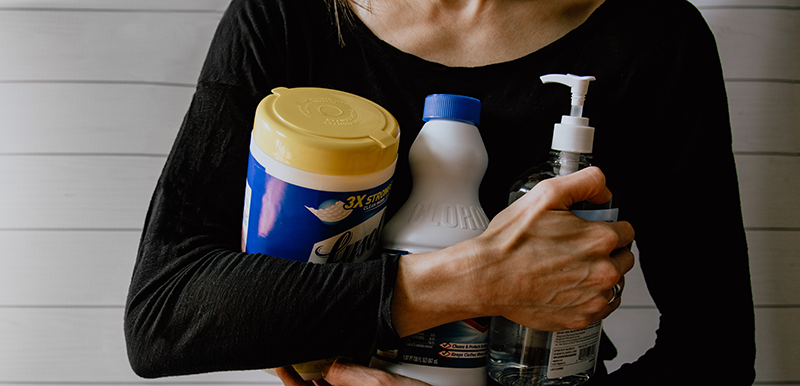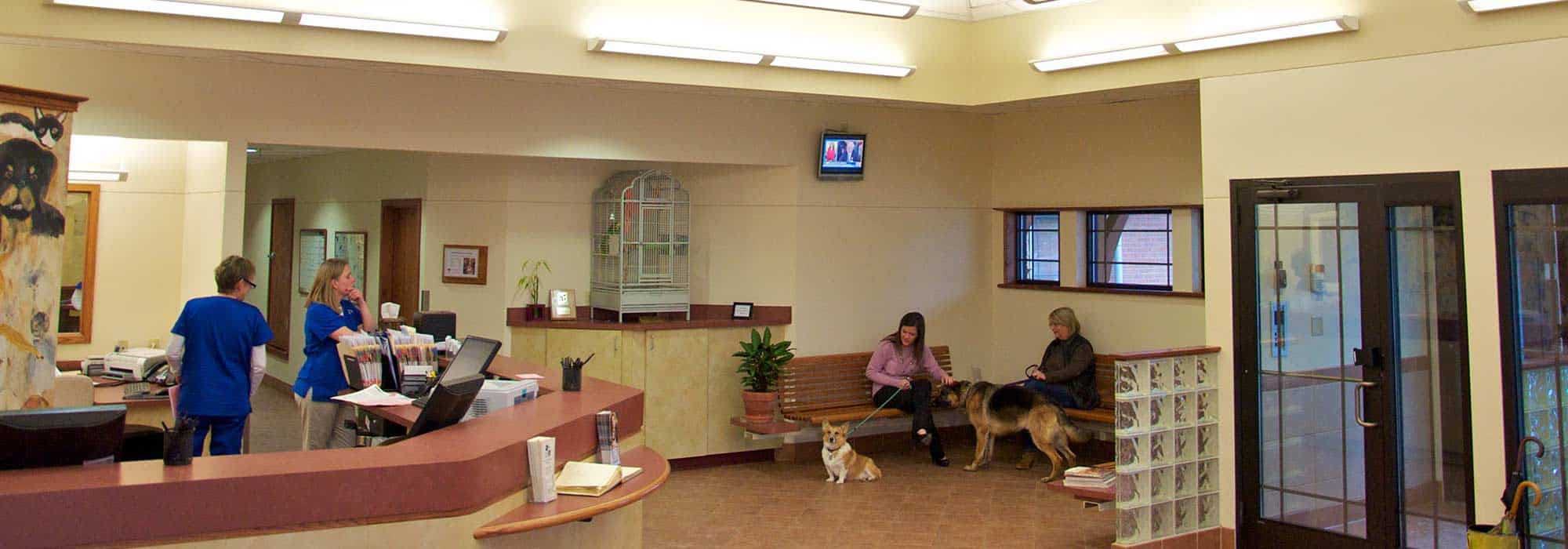Poison Prevention Awareness Month

Know These Common Household Toxins for Pets
Spring is known for many things, like getting outside, blooming flowers, seasonal allergies, spring cleaning and spring holidays. After winter, it’s such a relief to get a breath of fresh air (even if it’s accompanied by sneezing). So, it’s also a good time to recognize Pet Poison Prevention Awareness Month.
The American Animal Hospital Association has a thorough list of common household toxins for pets. Scroll through to see some of the most common toxins your pet may be at risk of encountering this spring.

Medicines Toxic to Pets
Nearly every human medication is toxic to animals, including both prescription and over-the-counter medications. While humans, dogs and cats are all mammals, our body systems are different and require different medical treatments. Keep your pet away from all medications. Especially keep a lookout for the ones identified by the ASPCA as most commonly ingested by pets:
- Ibuprofen
- Naproxen
- Cold medications
- Herbal supplements
- ADHD medications
- Antidepressants
- Heart medications

Common Chemicals Toxic to Pets
Assume that all household chemicals are toxic, and keep them locked away from pets. You just never know what your cat or dog will get into or ingest. Here are some common chemicals to know about:
- Paint
- Glue
- Cleaning products
- Antifreeze
- Rodenticides (rat poison)
- Ant baits
- Bug sprays
- Bug foggers

Foods Toxic to Pets
For a quick reference guide to the most common food toxicities, visit “15 Foods to Keep Away from Pets.” As we enjoy spring holidays like Easter and Passover, here are some common foods that are toxic to pets:
- Chocolate
- Xylitol
- Macadamia nuts
- Grapes and raisins
- Alcohol

Plants Toxic to Pets
Cats are especially sensitive to plant toxicities. Review our reference guide “Keep These 8 Toxic Plants Away from Cats.”
- Azaleas
- Autumn crocus
- Cyclamen
- Daffodils
- Hyacinths
- Lilies of all varieties
- Sago palm
- Tulips
Save These Animal Poison Control Resources
If your cat or dog ever ingests something suspect, call one of these poison control lines immediately:
Charges will apply to speak to these veterinary professionals, but we recommend this as the first line of defense. In the event that your pet needs veterinary care, call our 24-hour emergency hospital at any time: (513) 931-8675.

